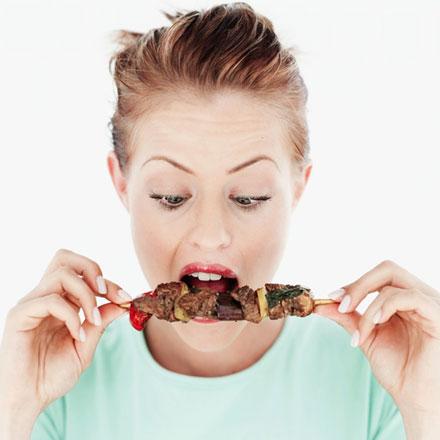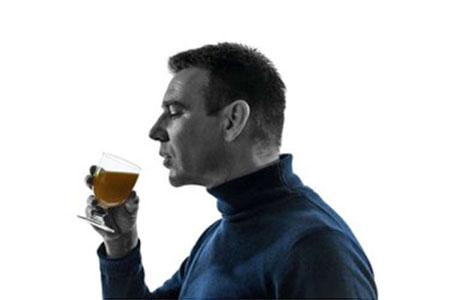You are here
Hot tea tied to higher cancer risk for smokers and drinkers
By Reuters - Feb 06,2018 - Last updated at Feb 06,2018

Photo courtesy of doheal.com
Drinking scalding hot tea is associated with an increased risk of oesophageal tumours in people who also smoke and drink alcohol, two habits that already make many cancers more likely, a Chinese study suggests.
Among Chinese adults who drank at least one beer, cocktail or glass of wine daily, those who also consumed burning hot tea every day were 5 times more likely to develop oesophageal cancer than people who drank tea at any temperature less than once a week, the study found.
For current smokers, drinking scalding hot tea every day was associated with roughly twice the risk of oesophageal cancer as consuming tea less than weekly.
“Keeping away from both tobacco and excessive alcohol use is the most important means for oesophageal cancer prevention,” said study co-author Dr Jun Lv of Peking University Health Science Centre in China.
“Under this increased risk of oesophageal cancer from smoking and drinking alcohol, if people like drinking very hot tea, the risk of developing cancer will be synergistically higher,” Lv said by e-mail.
But by itself, drinking hot tea does not increase cancer risk, Lv said.
China is among the countries with the highest incidence of oesophageal cancer, researchers note in the Annals of Internal Medicine. Because tea drinkers in China, especially men, are more likely to drink alcohol and smoke, previous studies have not offered a clear picture or whether burning hot tea might be an independent risk factor for oesophageal tumours.
While some prior research has suggested tea may help protect against tumours in the digestive tract, other studies have shown repeated consumption of very hot food or drink might damage the oesophagus and help tumours take hold, the researchers note.
For the current study, researchers examined data on 456,155 adults ages 30 to 79 who completed questionnaires about their smoking, alcohol and tea habits.
At the start of the study, none of the participants had cancer. Researchers followed half of the participants for at least 9 years. During the study, 1,731 people developed oesophageal tumours.
People who drank scalding hot tea, consumed excessive amounts of alcohol and also smoked had more than five times the risk of oesophageal cancer than individuals who did not do any of these things.
The study was not a controlled experiment designed to prove whether or how the temperature of tea might impact the risk of oesophageal tumours.
Another limitation is that study participants reported on their own smoking and drinking habits, and their reports could be unreliable. Researchers also only had data on tea consumption from one point in time, when people joined the study, making it impossible to know how changing habits might have impacted the cancer risk.
“People probably do not estimate their tea temperature perfectly, and this is one of the main limitations of the study,” said Neal Freedman, author of an accompanying editorial and a researcher with the Division of Cancer Epidemiology and Genetics at the National Cancer Institute in Bethesda, Maryland.
“Drinking tea at a lower temperature should not be considered as a replacement for smoking cessation and limiting alcohol intake,” Freedman said by e-mail. “Nevertheless, accumulating data suggest that drinking very hot tea may also increase the risk of oesophageal cancer, and it may be prudent for people who drink very hot beverages to wait until it cools down a bit before drinking, whether or not they also smoke cigarettes or drink alcohol.”
Related Articles
Tea drinkers who love a scalding-hot cup of the beverage may want to let it cool down a bit to avoid an increased risk of oesophagus cancer,
People who consume lots of foods linked to chronic inflammation, such as red meat and refined grains, may be more likely to develop colorect
Even light drinkers who enjoy a single beer or glass of wine every night may still be more likely to die prematurely than people who drink l














